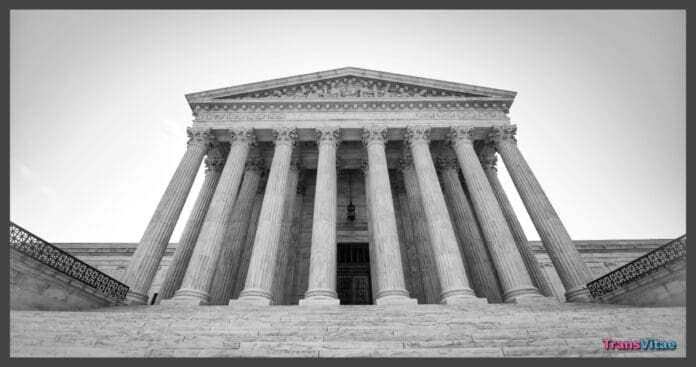In a major setback for inclusive education and LGBTQ+ visibility in schools, the U.S. Supreme Court ruled Friday in favor of parents seeking to opt their children out of classroom materials that include LGBTQ+ themes. The 6–3 decision in Burke v. Montgomery County School Board represents a shift in how public schools must accommodate parental objections based on religious or moral grounds.
The case originated in Maryland, where a group of parents sued a public school district for using picture books that included LGBTQ+ characters and families in early-grade classrooms. The materials were not part of formal sex education and did not include graphic content. Still, the parents argued that the books violated their religious freedoms and parental rights. They demanded the right to opt their children out of any classroom discussions involving gender identity or sexual orientation.
The conservative majority on the Court agreed. Writing for the majority, Chief Justice John Roberts stated that public school systems must respect “sincerely held moral and religious beliefs” when designing and assigning curriculum. He concluded that schools must provide opt-out options for families who object to this content.
Justice Sonia Sotomayor issued a strongly worded dissent, warning that the ruling could lead to selective erasure of marginalized identities in public education. “If every identity can be objected to, no identity will be represented,” she wrote. “This ruling allows public education to be shaped by the loudest objectors rather than by a commitment to equity and truth.”
This decision comes on the heels of the Court’s ruling in United States v. Skrmetti, which upheld Tennessee’s ban on gender-affirming care for minors. That ruling also signaled a significant retreat from the Court’s prior posture on LGBTQ+ rights. Together, these two cases have dealt serious blows to trans youth and queer visibility in public life.
“Today’s ruling is a devastating loss for transgender people, our families, and everyone who cares about the Constitution,” said Chase Strangio, Deputy Director for Transgender Justice at the ACLU. His statement was originally in response to the Skrmetti decision, but it echoes the sentiment many feel now with this most recent setback.
Advocates warn that Friday’s ruling will embolden school boards and lawmakers across the country to pass laws limiting LGBTQ+ representation in classrooms. Although the case focused on curriculum rather than school libraries, experts say it will almost certainly fuel further efforts to ban books with LGBTQ+ content.
According to PEN America, more than 4,000 books have been banned from schools across the country since 2021. Many of them feature LGBTQ+ characters or address issues of gender and identity. These removals disproportionately affect queer youth, who already face higher rates of bullying, isolation, and mental health struggles.
“Representation matters,” said Kierra Johnson, Executive Director of the National LGBTQ Task Force. “When LGBTQ+ kids see themselves in books, it helps them feel seen, valued, and safe. Taking that away sends a very different message.”
As school districts begin planning for the upcoming academic year, the ripple effects of this ruling are already being felt. The fight for inclusive education is far from over, but this moment marks a troubling shift in the legal landscape. TransVitae will continue to follow developments and share resources for educators, parents, and students working to protect queer visibility in the classroom.


